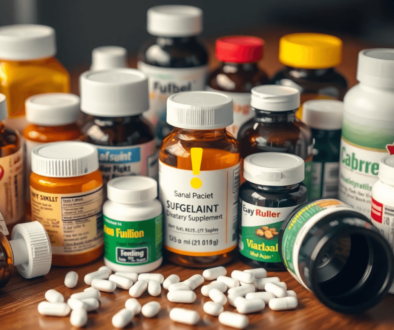Effects Of Heat On Medication
“Any medication that’s kept outside of its recommended temperature range can potentially be affected.”
Medication Storage
“Different drugs may have different storage needs.”
Heat Stroke And Medication
Prevention Of Heat-Related Illnesses
Given the clear consensus across multiple sources, it is evident that heat can have a significant impact on the stability and quality of different types of medications, and certain medications can make a person more susceptible to heat stroke. It is therefore crucial to store medications properly, especially during periods of high heat, and to take precautions if you are taking certain medications that might make you more susceptible to heat stroke. Always consult with a healthcare professional if you have specific concerns related to your medication and heat exposure.


